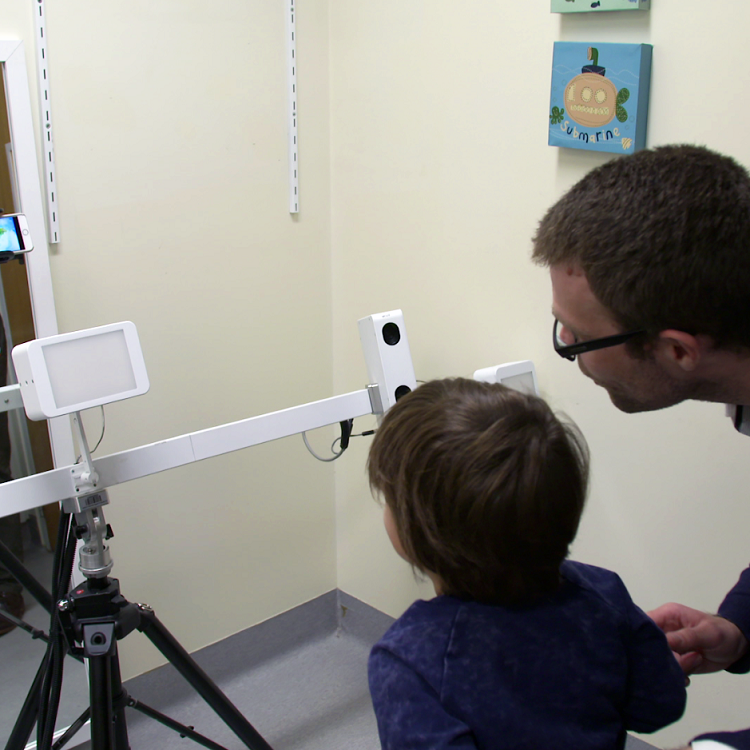Search
Research
Vitamin D in fetal development: Findings from a birth cohort studyBirth cohort studies provide an invaluable resource for studies of the influence of the fetal environment on health in later life.
The Siblings Project Gallery
Sibling Camp 2024 photos
Research
Characterising Insistence on Sameness and Circumscribed Interests: A Qualitative Study of Parent PerspectivesManifestations of insistence on sameness and circumscribed interests are complex, with individuals varying considerably, not only in the types of behaviours they express, but also in terms of a behaviour's frequency, intensity, trajectory, adaptive benefits, and impacts.
Research
Harmonizing the CBCL and SDQ ADHD scores by using linear equating, kernel equating, item response theory and machine learning methodsA problem that applied researchers and practitioners often face is the fact that different institutions within research consortia use different scales to evaluate the same construct which makes comparison of the results and pooling challenging.

News & Events
Computer algorithm links facial masculinity to autismA new study led by The Kids Research Institute Australia has found a link between masculine facial features and autism.
Research
Prevalence and risk factors for parent-reported recurrent otitis media during early childhoodThe objective was to describe the prevalence and risk factors of recurrent otitis media (rOM) in an urban Australian population at 3 years of age.
Research
No population bias to left-hemisphere language in 4-year-olds with language impairmentAn apparent paradox in the field of neuropsychology is that people with atypical cerebral lateralization do not appear to suffer any cognitive disadvantage,...
Research
The relationship between personality traits and psychotic like experiences in a large non-clinical adolescent sampleOur findings suggest that the chance of having psychotic like experiences is more likely for adolescents with certain personality traits.

